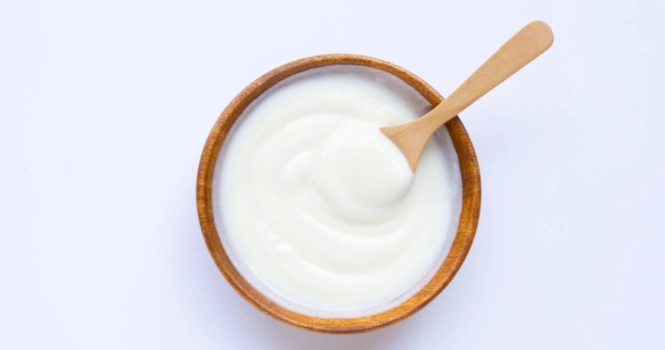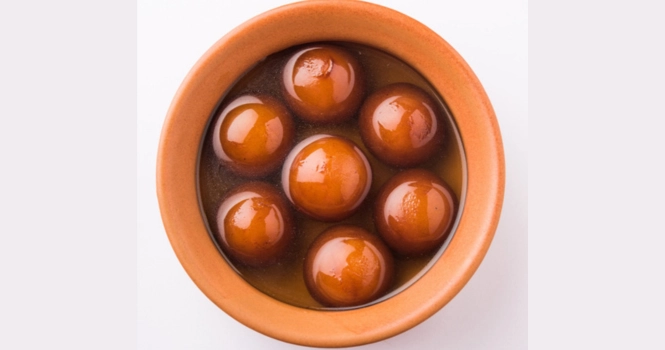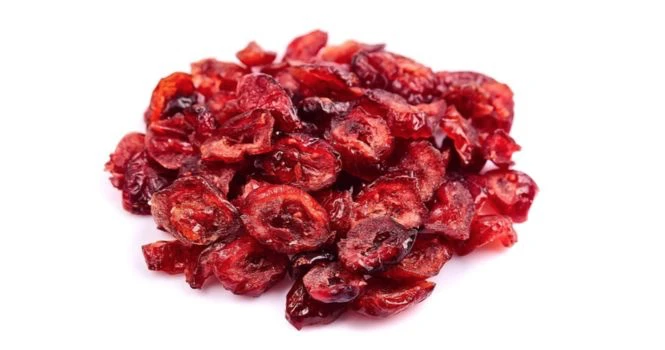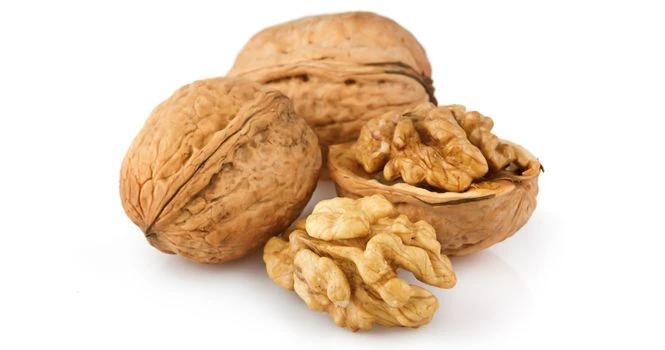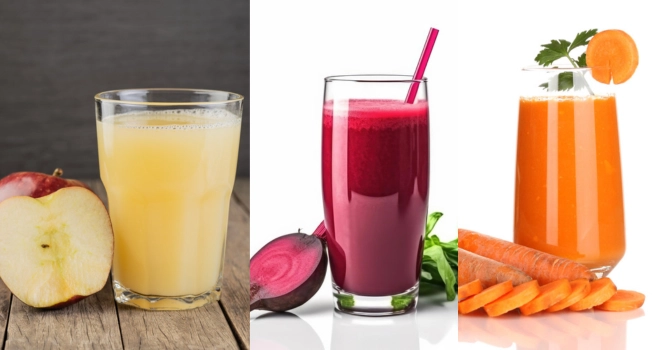Is Jaggery Powder Better than Sugar? Unveiling the Nutritional Truths
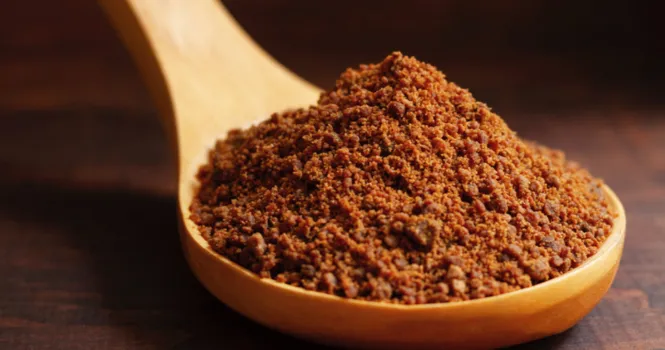
What is Jaggery Powder?
Jaggery powder is a sweetener that comes from plants. It’s made by taking the juice from sugarcane plants or sometimes from palm trees, boiling it, and then letting it dry into a powdery form. This powder is a kind of natural sugar, but it’s different from the white sugar you might usually see.
One of the special things about jaggery powder is that it’s not just sweet; it also has some vitamins and minerals. This is because it’s less processed compared to regular white sugar, so it keeps more of the good stuff from the plants it’s made from. But remember, even though it has some nutrients, it’s still a sweetener and should be used in moderation.
Other Names for Jaggery Powder
Jaggery powder is known by different names in various parts of the world, reflecting its global use and cultural significance. Some of these names include:
1. Gur or Gud: This is a common name for jaggery in India and neighboring countries. It’s often used in local languages like Hindi, Bengali, and Gujarati.
2. Panela: In parts of Latin America, like Colombia and Mexico, jaggery is known as panela. It’s a traditional form of unrefined whole cane sugar.
3. Piloncillo: This is another name used in Mexico, especially when jaggery is shaped into small cones.
4. Rapadura: In Brazil, jaggery is called rapadura. It’s often used in desserts and sweet dishes.
5. Palm Sugar or Coconut Sugar: When jaggery is made specifically from the sap of palm trees or coconut palms, it’s sometimes referred to as palm sugar or coconut sugar, though these can be slightly different products.
Each of these names may be used in different recipes or cultural contexts, but they generally refer to a similar type of sweetener made from sugarcane juice or palm sap, processed into a granular or powdery form.
Nutritional Facts of Jaggery Powder per 100 grams
| Nutrient | Amount per 100g | Percentage of Daily Value (%) |
| Calories | 383 kcal | – |
| Glycemic Index (GI) | Moderate (54-69) | – |
| Iron | 11.0 mg | 61% |
| Magnesium | 70-90 mg | 17-23% |
| Potassium | 1050 mg | 22% |
| Calcium | 40-100 mg | 4-10% |
| Phosphorus | 20-90 mg | 2-9% |
| Vitamin B1 (Thiamine) | 0.01 mg | 1% |
| Vitamin B2 (Riboflavin) | 0.02 mg | 1% |
| Vitamin B3 (Niacin) | 0.2 mg | 1% |
| Vitamin B6 | 0.3 mg | 15% |
| Vitamin C | 7.0 mg | 8% |
Is jaggery powder better than sugar?
When comparing jaggery powder to regular sugar, it’s important to consider a few key points:
1. Nutritional Content: Jaggery powder is often considered to be more nutritious than white sugar. It contains small amounts of minerals like iron, magnesium, potassium, and calcium, as well as some vitamins. White sugar, on the other hand, is more refined and lacks these additional nutrients.
2. Glycemic Index (GI): Jaggery has a moderate glycemic index, which means it raises blood sugar levels more slowly than white sugar. This can be beneficial for maintaining more stable blood sugar levels, but it’s still important to use it in moderation.
3. Calories: Both jaggery and sugar have similar calorie counts, so if you’re watching your calorie intake for weight management, neither has a significant advantage.
4. Processing: Jaggery is less processed compared to white sugar. It’s made by boiling down sugar cane juice and does not undergo the same level of refining as white sugar. This is why it retains more natural nutrients.
5. Taste and Usage: Jaggery has a distinct, rich flavor, often described as having hints of caramel or molasses. It can add a unique taste to foods and beverages. However, in recipes where the flavor of sugar is crucial, jaggery might alter the taste in an undesirable way.
While jaggery does offer some additional nutrients and a lower glycemic index, it’s still a form of sugar. Like any sweetener, it should be consumed in moderation as part of a balanced diet. For those with specific health concerns like diabetes, it’s always best to consult with a healthcare professional about the best dietary choices.
Frequently Asked Questions
What are the side effects of jaggery powder?
Jaggery powder is generally considered safe for most people when consumed in moderation. However, like any food, it can have some side effects, especially if consumed in large amounts:
1. Weight Gain: Jaggery is high in calories, similar to sugar. Eating too much of it can contribute to weight gain.
2. Blood Sugar Levels: Although jaggery has a moderate glycemic index, it is still a form of sugar and can increase blood sugar levels. This is especially important for people with diabetes or those trying to manage their blood sugar levels.
3. Digestive Issues: In some people, excessive consumption of jaggery can lead to digestive issues like indigestion, constipation, or upset stomach.
4. Allergic Reactions: While rare, some people may have an allergic reaction to jaggery.
5. Tooth Decay: Like any sweet food, if consumed in large amounts, jaggery can contribute to tooth decay.
It’s important to note that the side effects of jaggery are typically related to overconsumption. When used in moderation, jaggery can be a part of a healthy diet. As with any dietary change, if you have specific health conditions or concerns, it’s a good idea to consult with your doctor.
How much jaggery is safe per day?
For an average adult, the World Health Organization (WHO) suggests a limit of about 25 grams (around 6 teaspoons) of added sugars per day for better health. Since jaggery is similar to sugar in calorie content, this guideline can apply to jaggery as well.
![]()



